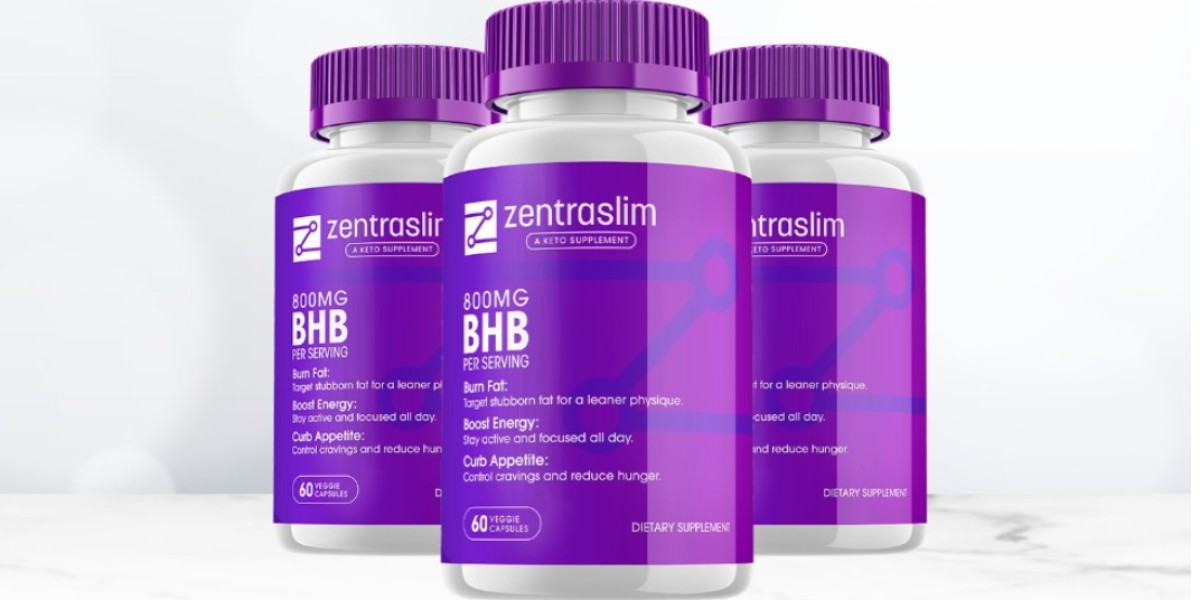Have you been diligently following your treatment plan, taking antidepressants as prescribed, attending therapy and yet still feel weighed down by depression? If so, you’re not alone. Many individuals experience Treatment-Resistant Depression (TRD), a form of depression that doesn’t respond to standard approaches. But the good news is that new and effective treatment options are available.
In this guide, we’ll break down what treatment-resistant depression is, why it happens, and what innovative strategies are helping people regain control of their mental health.
What Is Treatment-Resistant Depression?
Treatment-Resistant Depression (TRD) refers to a type of major depressive disorder (MDD) that does not improve despite trying at least two different antidepressant medications at appropriate doses and durations. People with TRD continue to experience classic symptoms of depression such as sadness, fatigue, low motivation, and hopelessness even after months of standard treatment.
While this can feel frustrating and disheartening, TRD doesn’t mean your depression is untreatable. It simply means you may need a more personalized or advanced treatment plan.
How Common Is Treatment-Resistant Depression?
TRD is more common than many realize. Studies estimate that up to 30% of people with major depressive disorder do not respond adequately to traditional treatments like antidepressants or talk therapy alone.
This underscores the importance of exploring alternative options such as TMS therapy, medication augmentation strategies, and emerging treatments like esketamine. There is hope and help available.
Why Isn’t My Antidepressant Working?
If you're still feeling depressed despite being on medication, several factors may be at play:
- Incorrect dosage or duration: Sometimes medications need more time or adjustments to work.
- Biological differences: Your brain’s chemistry may respond better to alternative treatment mechanisms.
- Co-occurring conditions: Issues like anxiety, bipolar disorder, or substance use can interfere with treatment effectiveness.
- Lifestyle factors: Sleep, diet, exercise, and stress management all impact how well treatments work.
Your psychiatric provider may explore medication changes, assess your adherence, or recommend additional support strategies to better tailor treatment to your needs.
Advanced Treatments for TRD: What Are Your Options?
1. TMS Therapy (Transcranial Magnetic Stimulation)
TMS therapy is an FDA-approved, non-invasive treatment that uses targeted magnetic pulses to stimulate areas of the brain involved in mood regulation. Unlike medications, which affect the entire body, TMS precisely targets the brain circuits that are underactive in depression.
- Safe, well-tolerated, and doesn’t require anesthesia
- No systemic side effects patients can resume daily activities immediately
- Ideal for individuals who have not responded to at least one antidepressant
TMS therapy in New Jersey is available at our clinic, where we provide expert evaluations and individualized treatment plans. Not sure if TMS is right for you? Take our self-assessment quiz to find out if you’re a good candidate.
2. Electroconvulsive Therapy (ECT)
ECT is one of the most effective treatments for severe depression, especially when other options have failed. It involves brief electrical stimulation of the brain while the patient is under anesthesia, helping to "reset" mood-related pathways.
ECT is often considered for:
- Severe depression with suicidal ideation
- Psychotic depression
- Depression with physical decline
Although safe and effective, ECT may carry more side effects than TMS and is typically recommended after other less invasive options have been tried.
3. Medication Augmentation & Combinations
Sometimes, combining two or more medications can improve results when a single drug isn’t effective. Your psychiatrist may:
- Pair an antidepressant with a mood stabilizer, antipsychotic, or anti-anxiety medication
- Carefully monitor and adjust your regimen for optimal effect
This approach requires close supervision to manage side effects and ensure effectiveness.
4. Ketamine and Esketamine
Ketamine, originally developed as an anesthetic, and esketamine, a newer FDA-approved nasal spray, are transforming the treatment landscape for TRD. These medications act on the brain’s glutamate system unlike traditional antidepressants, which target serotonin or norepinephrine.
- Often works within hours to reduce symptoms
- Especially helpful for patients with suicidal thoughts
- Administered in a clinical setting for safety
Ketamine NJ clinics like ours offer medically supervised ketamine and esketamine treatments as part of a comprehensive mental health plan.
The Role of Therapy in Treating TRD
Even with advanced medical treatments, therapy remains a vital component of long-term depression recovery. Two evidence-based therapies often used for TRD include:
• Cognitive Behavioral Therapy (CBT)
Help individuals recognize and reframe negative thought patterns that contribute to depression. CBT builds practical skills to cope with daily challenges and emotional distress.
• Dialectical Behavior Therapy (DBT)
Focus on emotional regulation, distress tolerance, and mindfulness. DBT is especially helpful for those struggling with intense mood swings, self-harm, or suicidal ideation.
Incorporating therapy into your treatment plan enhances the benefits of medication or TMS, helping you develop sustainable strategies for emotional well-being.
Getting Help with Treatment-Resistant Depression in New Jersey
At Gimel Health, we understand the unique challenges of treatment-resistant depression. Our expert team offers personalized care plans that may include TMS therapy, esketamine treatment, medication management, and evidence-based therapy all delivered via compassionate, expert mental health professionals.
If you're searching for relief and haven’t found success with traditional treatment methods, we’re here to help.
Start your journey today.
Schedule an appointment with Gimel Health to explore effective Resistant Depression treatment options that work for you. Whether you're interested in TMS near you, exploring medication combinations, or seeking new breakthroughs like Ketamine NJ treatment, hope is closer than you think.









